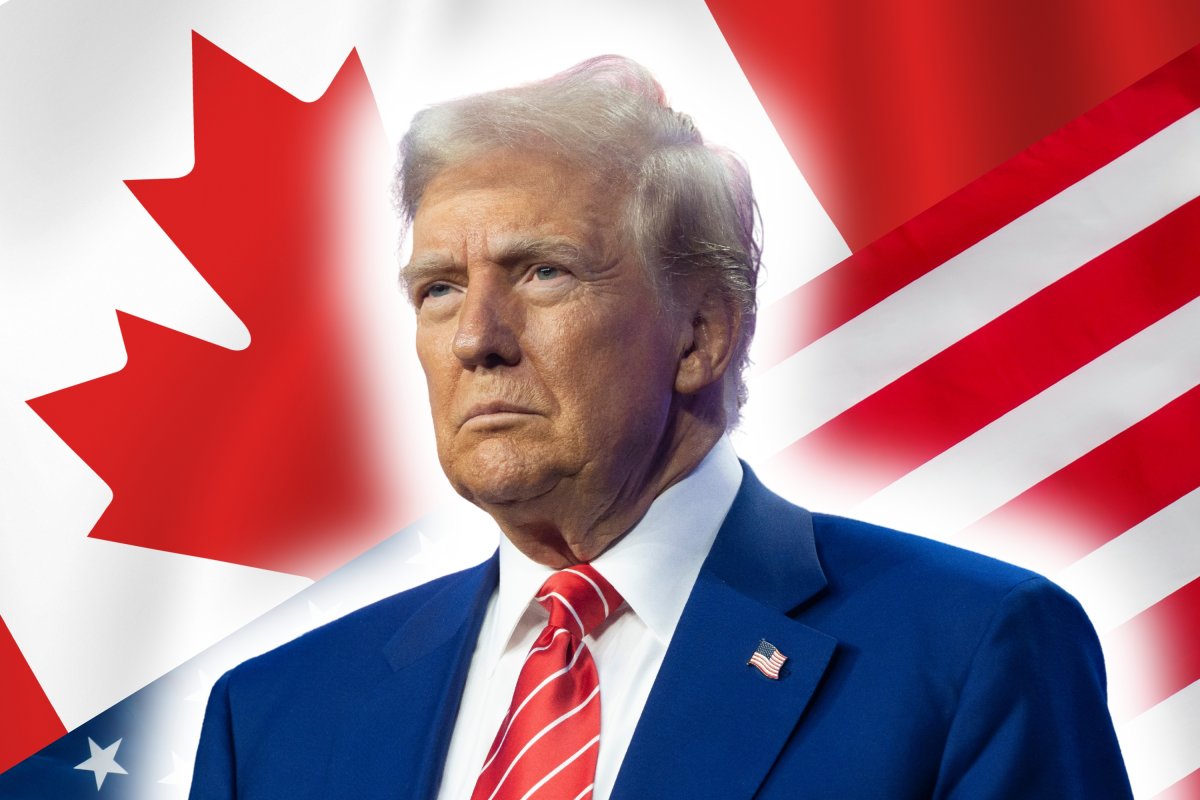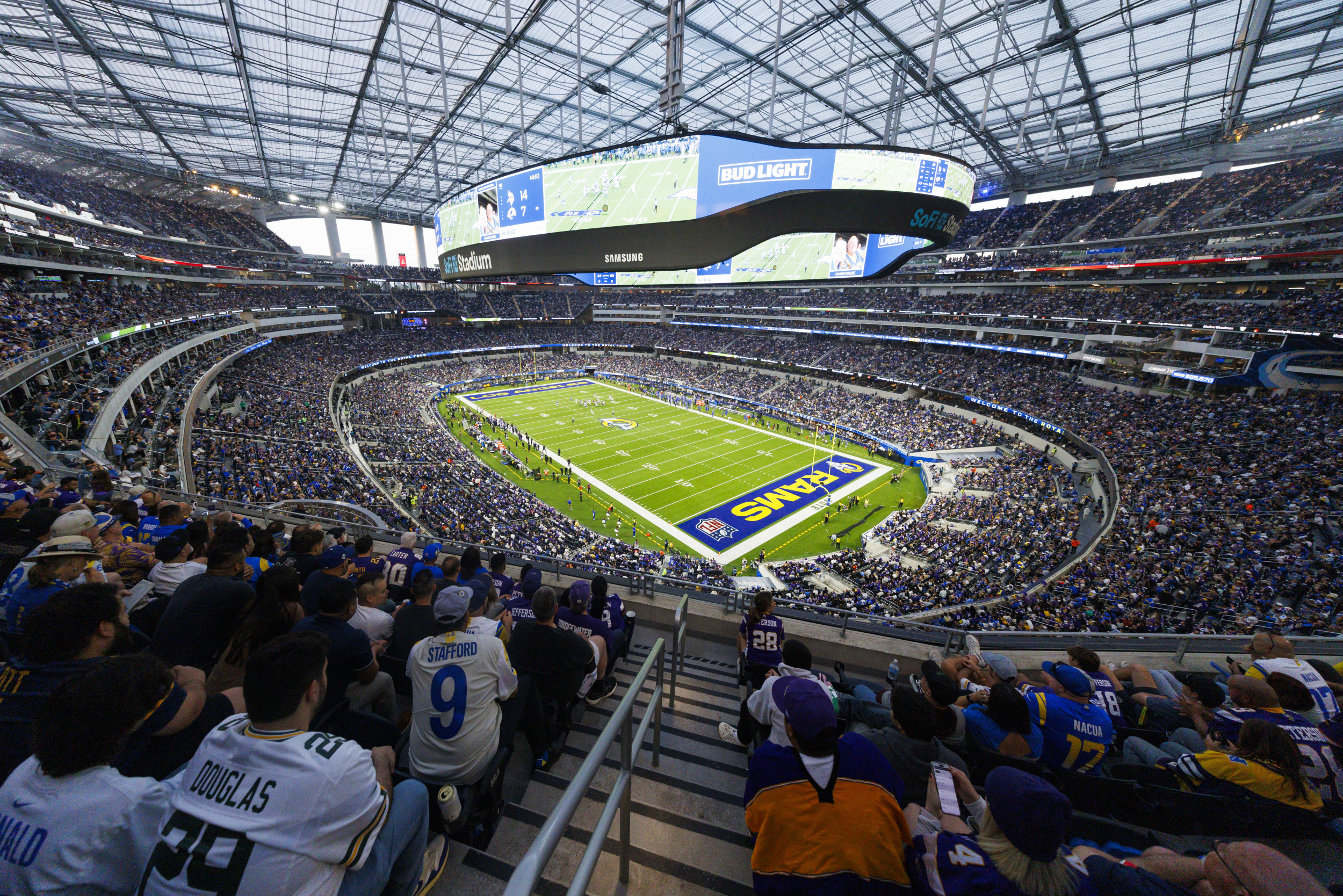President-elect Donald Trump has on more than one occasion expressed a desire to make Canada the 51st state of America, citing its heavy reliance on the U.S. already—to the delight of his supporters and the horror of his Canadian opponents.
Amid reports that Trump had again been discussing the idea with Republican lawmakers, Canada's outgoing liberal prime minister Justin Trudeau wrote on X: "There isn't a snowball's chance in hell that Canada would become a part of the United States."
But if such a situation were to happen—and it is very unlikely to, or for Canada to join as a single entity without breaking up into smaller states—what would its likely political makeup be? Republican, Democrat, or swing state?
Newsweek put the question to experts on Canadian politics. Here's what they said.
John Shields: Canada Would Tilt the Scales to Democrats
First, let me say that there is very little chance that Canada would join the U.S. and certainly not as one state given its geographical breadth (larger than the U.S.) and significant regional differences (French-speaking Quebec being the most notable case).
But politically speaking, if this were to happen it would be a strong Democratic-leaning entity.
In many ways, Canada has a more developed social welfare system than the U.S., with public healthcare being the leading example. Canadians strongly value public healthcare and it is one of the things that distinguishes it from America.
Canada's culture in large measure has defined itself as being not American and as a more socially progressive society than south of the border. In terms of political values most Canadians sit closer to Democrats than Republicans.

Opinion polls consistently indicate that if Canadians were voting in American elections their preference would be for the Democrat (this is even true of most conservative voters in Canadian elections).
Of course, given the closeness of American elections, this would tilt the political scales decisively to the Democratic Party in most elections.
There would be regional variations in support for Democrats vs. Republicans in Canada, with Alberta being the most Republican, but even here the Democrat would likely come out on top (and certainly in other Canadian regions by a wide margin).
I suspect the political implications of Canada becoming part of the U.S. would in fact lead leaders in the Republican Party to reject such a move.
John Shields is professor emeritus in the Department of Politics and Public Administration at Toronto Metropolitan University.
Joel Westheimer: Many Canadian Conservative Policies Are Left of the Democratic Party
Canada would likely look at both parties, sigh deeply, and start its own—maybe the "Maple Leaf Sanity Party."
The party would campaign on universal healthcare, gun control, and environmental protection (all important issues to most Canadians) along with a universal right to roll eyes at the President-elect.
Statistically speaking, a recent survey from the polling firm Leger found that a whopping 82 percent of respondents opposed the idea of Canada joining the U.S.
But if it were to happen, Canadian political values would align more closely with those of the Democratic Party. In fact, many policy positions of Canada's Conservative party fall to the left of Democrats.
Overall, more than two-thirds of Canadians vote for progressive political parties including the Liberals, the New Democratic Party (NDP), and the Green Party.
Specifically regarding the 2024 U.S. election, about 64 percent of Canadians reported that they would vote Democratic while 21 percent would vote Republican.
While the country overall would lean Democratic, certain regions generally outside of urban centers such as Toronto, Vancouver, and Montreal might lean Republican.
This regional conservatism is similar to the political leanings of some U.S. states in the Midwest or South.
Joel Westheimer is professor of democracy and education at the University of Ottawa.
Jeffrey Ayres: Perpetual Democratic Majorities
If Canada was annexed by the U.S. and became the 51st state, it would be blue and solidly Democratic.
Just the two most populous provinces in Canada alone—Ontario and Quebec—would shift this state solidly blue, but most certainly the majority of the populations of the Atlantic provinces (Newfoundland, New Brunswick, PEI, and Nova Scotia) would also vote Democratic as would the urban populations in Winnipeg, Manitoba and greater Vancouver, BC.
Canada's population is more heavily urban and diverse, and Canadian political culture is more consensual, centrist and open to government playing a more substantive role in providing basic public goods.
In addition, a majority of Canadians in every federal election vote for parties that policy-wise and ideologically fall to the middle to left end of the U.S. Democratic Party—the Canadian federal Liberal, New Democratic, Bloc Quebecois and Green parties—all advance policies that would be welcome in the U.S. Democratic party.
If Canada joined the U.S. as one new state, it would be adding a gigantic blue state with a population larger than California, all but ensuring perpetual Democratic majorities in the House of Representatives and a Democratic President with a blue electoral college majority.
Jeffrey Ayres is director of the Institute for Global Engagement and senior international officer, professor, and chair of the Department of Political Science and International Relations at Saint Michaels College.
Wayne Petrozzi: America Is a Vain Bully
The question posed puts the cart before the horse. There aren't any circumstances in which any number of Canadians would willingly join the United States so it seems rather silly to hypothesize in that manner.
American chauvinism and solipsism leads them to believe every country would love to join America.
Sadly, those blind spots prevent them from coming to terms with what "American exceptionalism" has come to mean today—the highest rate of incarceration in the developed world, the most inefficient and yet the most expensive medical system in the world, the most mass shootings in the developed world, one of the most unequal societies in the democratic world and a political system overwhelmed by moneyed interests.
Editorial cartoons in early 20th century mass press caricature America more accurately than journalism today—not a light on the hill but rather a vain bully blind to everything but its own self-interest.
Wayne Petrozzi is professor emeritus in the Department of Politics and Public Administration, and a member of the Yeates School of Graduate Studies, at Toronto Metropolitan University.




















 English (US) ·
English (US) ·